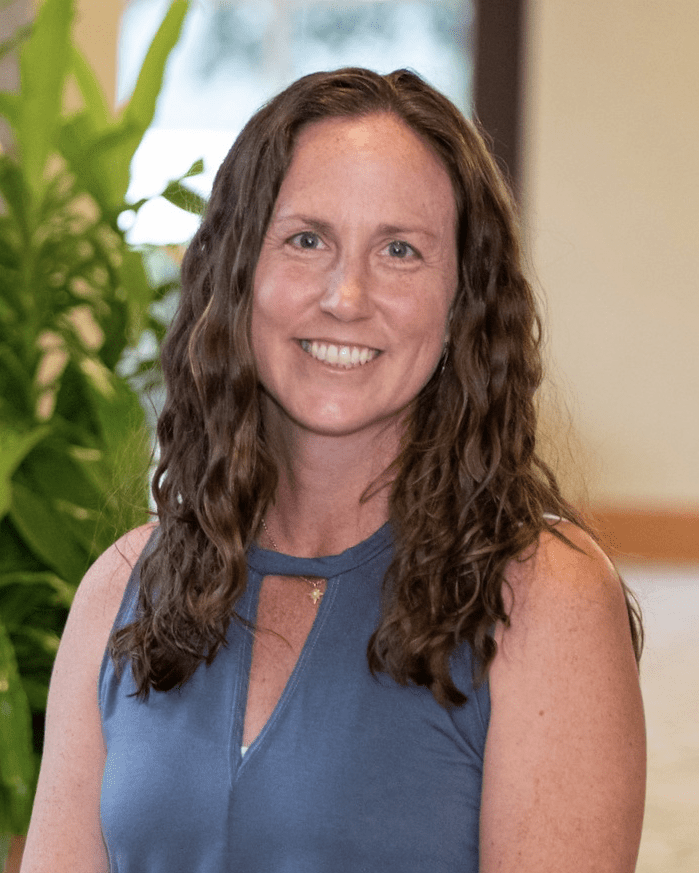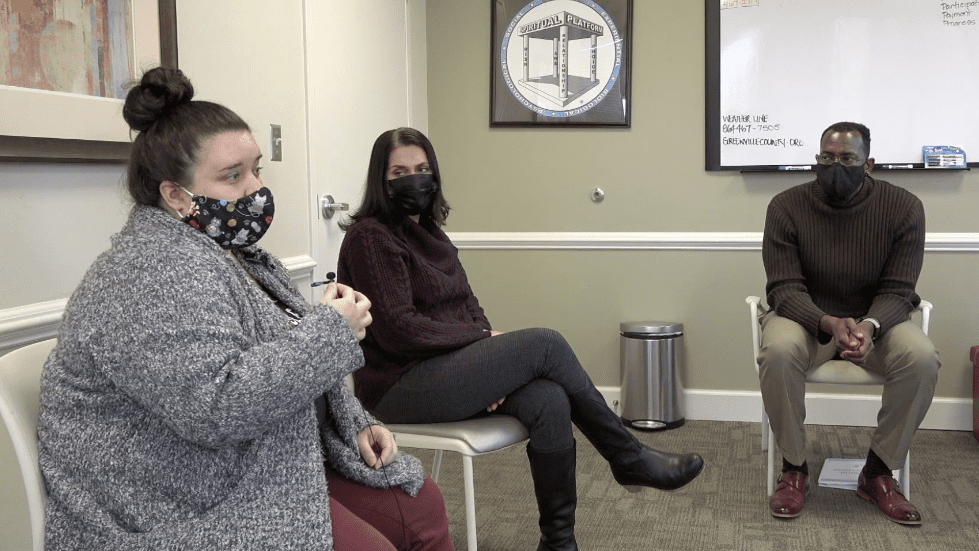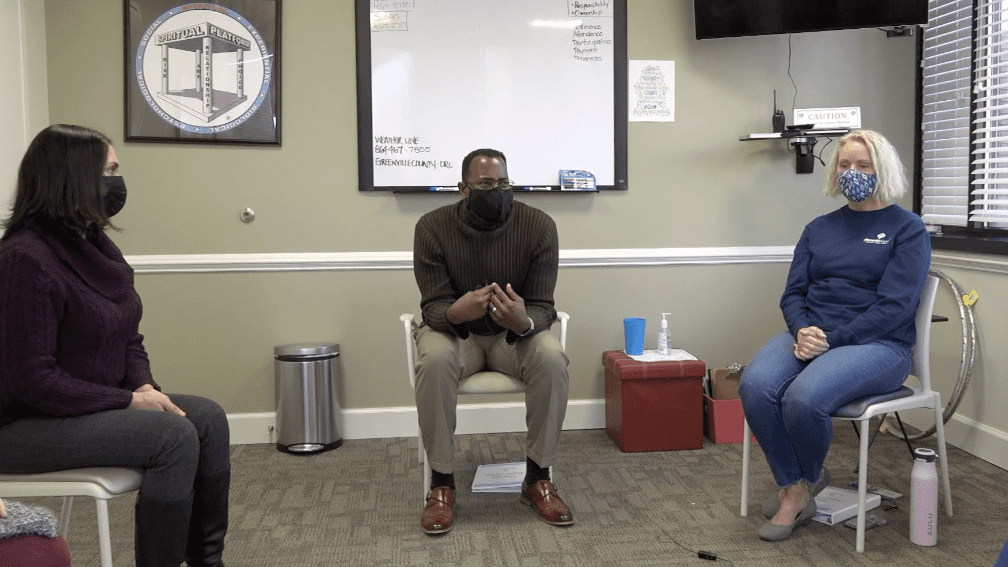The counselor education program at Clemson University has received grant funding to infuse its curriculum with content that will enhance counselors’ knowledge and awareness of substance use disorders. The funding comes from the Substance Abuse and Mental Health Services Administration (SAMHSA), a branch of the U.S. Department of Health and Human Services.
The six Upstate counties surrounding Clemson University fall within the top 10 counties in the state with the highest need for treatment related to alcohol, marijuana, opioid, cocaine or amphetamine. Four of the counties also fall within the top five counties in the state for the highest need for treatment related to these substances.
Use of state funded treatment services increased 135% in South Carolina between 2006 and 2016. According to Corrine Sackett, principal investigator on the grant and associate professor in the College of Education that houses the program, this increase in demand for services combined with the historically large presence of Clemson graduates working in the counseling field in the Upstate meant an augmented curriculum was needed and would be immediately effective.

“These alarming numbers support the need for counselors in the region who are trained to deliver high-quality screening, assessment, referral and treatment,” Sackett said. “Around 70% of graduates from our programs practice in the Upstate and a large portion of them practice in settings that treat substance use disorders, so we know our graduates will put this knowledge to use immediately.”
The addiction focused learning has been infused into the core curriculum of the counselor education program, benefiting both clinical mental health counseling and school counseling students.
Students in the counselor education program have worked to increase their capacity to identify and treat substance use disorders through the integration of instructional video modules into core curriculum courses.
Megan Quackenbush, a student and graduate assistant in the program, works to film and edit role plays and interviews that are used in the curriculum’s modules. She has worked as an educator and counselor as well as a children’s yoga and mindfulness instructor, but she decided to pursue the counseling program because she sees it as a marriage of both mindfulness training and education.
“There’s no doubt that we will encounter substance misuse in counseling moving forward,” Quackenbush said. “Whether in schools or private practice, we’ll work with children or families affected by it. This grant ensures that information about symptoms to look for and how to support children and families in these situations is present in counselor training.”
Quackenbush said that in addition to specific classes and electives on addiction, the faculty behind the program have inserted information about substance use disorders into almost every class. They have also partnered with FAVOR Greenville, an addiction peer recovery support organization, which has provided real-life stories and interviews from individuals or their family members who have been impacted by substance abuse.
Cierra Townson, another student in the program, said the modules included in the Group Counseling and Crisis Counseling courses have helped her learn about the ways in which substance abuse forms, what symptoms manifest from that use and what barriers exist for clients. She said she has come away with an understanding of what people with addictions endure and what counseling methods work best to assist them.

“Truly, we gained empathy and the capacity to approach substance abuse from the perspective of the user,” Townson said. “Through my internship, I’ve also been able to help children cope with the substance abuse of adults in their lives. I’ve learned to support students by acknowledging their pain, but also by acknowledging the humanity of the person using substances.”
Sackett and grant team members Amanda Rumsey and Liz Boyd are extending the reach of the additions afforded by the SAMHSA grant outside of the program and its current students. The project team will plan, implement and deliver a substance use disorder training program and offer continuing education units for counselors in the Upstate region in Spring 2022. For more information, click here.
Get in touch and we will connect you with the author or another expert.
Or email us at news@clemson.edu

